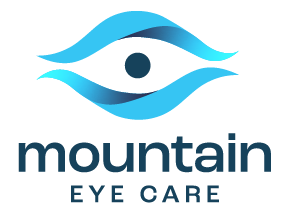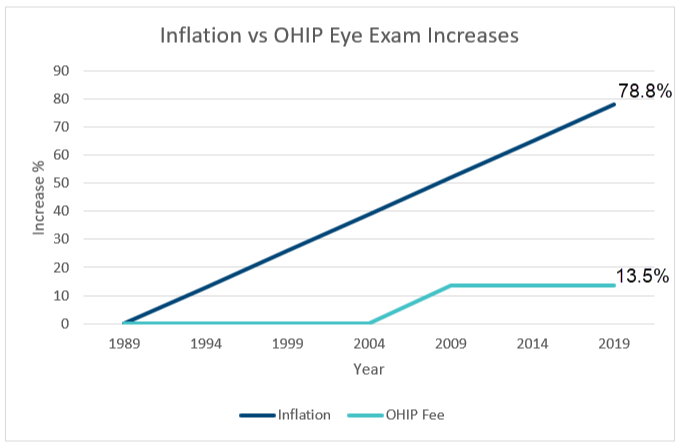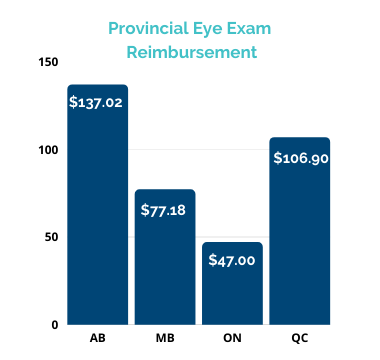Keep your teen’s eyes safe during summer fun
Wear your hat! Put on sunscreen! These are regular warnings from parents as their teenagers head out the door to enjoy the hot, sunny and lazy days of summer. As part of your family’s summer routine, Mountain Eye Care is encouraging teens – and their parents – to think about eye health.
The tips below are three easy things teens can do to ensure their long-term eye health:
Wear sunglasses to minimize sun damage:
Although it feels great to be out in the summer sun, it can be damaging to your eyes. Children and teen’s eyes are particularly vulnerable to UV damage because their crystalline lens has not developed the ability to filter UV rays. Exposure to UV rays can put them at greater risk of eye damage, including cataracts and macular degeneration, later in life.
When choosing over-the-counter sunglasses, look for a close-fitting, wrap around style frame and impact resistant lenses. All sunglasses should have 100 per cent UVA and UVB blocking lenses. Alternatively, if your child requires prescription sunglasses, consider changing to variable tint or transitions lenses that become darker when exposed to UV light.
Consider wearing contacts to play sports:
It may sound counterintuitive, but wearing contacts for sports is a great option. Contacts are more stable than glasses (they can’t be knocked off or broken) and have the added benefit of providing unobstructed peripheral vision.
Contacts come in different types and styles so finding the perfect pair for your teen’s individual needs means finding the right fit. Your doctor of optometry can provide you with information on the different options available. The main thing to remember is to always use contacts as directed.
Know how to treat an eye injury:
During the summer, if they’re spending increased time outside or at the beach, teens are likely to get dust, sand or other airborne objects in their eyes. Foreign objects can cause minor injuries such as scratches or abrasions to the cornea. Depending on the foreign object, an eye infection or vision damage can also occur. Proper care and attention to the situation is important.
If an object gets into the eye, do not to rub it or put pressure on the eye. If you think something might be in your teen’s eyes, start by washing your hands and the eye area with lukewarm water. If you can see a small particle in the upper or lower lid of the eye try to flush it out by cupping water in your hand and rinsing the eye. If the object cannot be flushed out, seek the assistance of a Doctor of Optometry to remove it.
For all family eye health matters visit the Optometrists at Mountain Eye Care.


